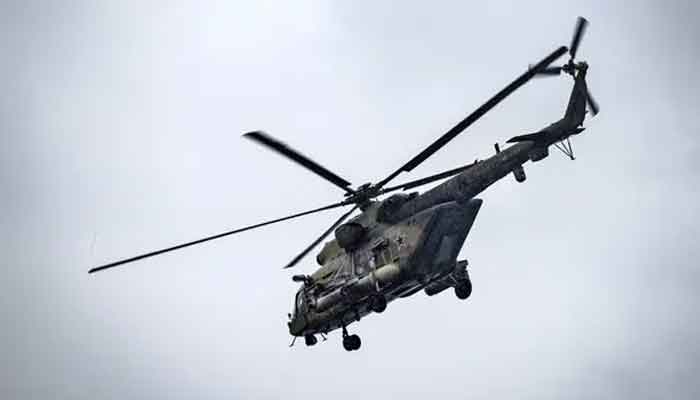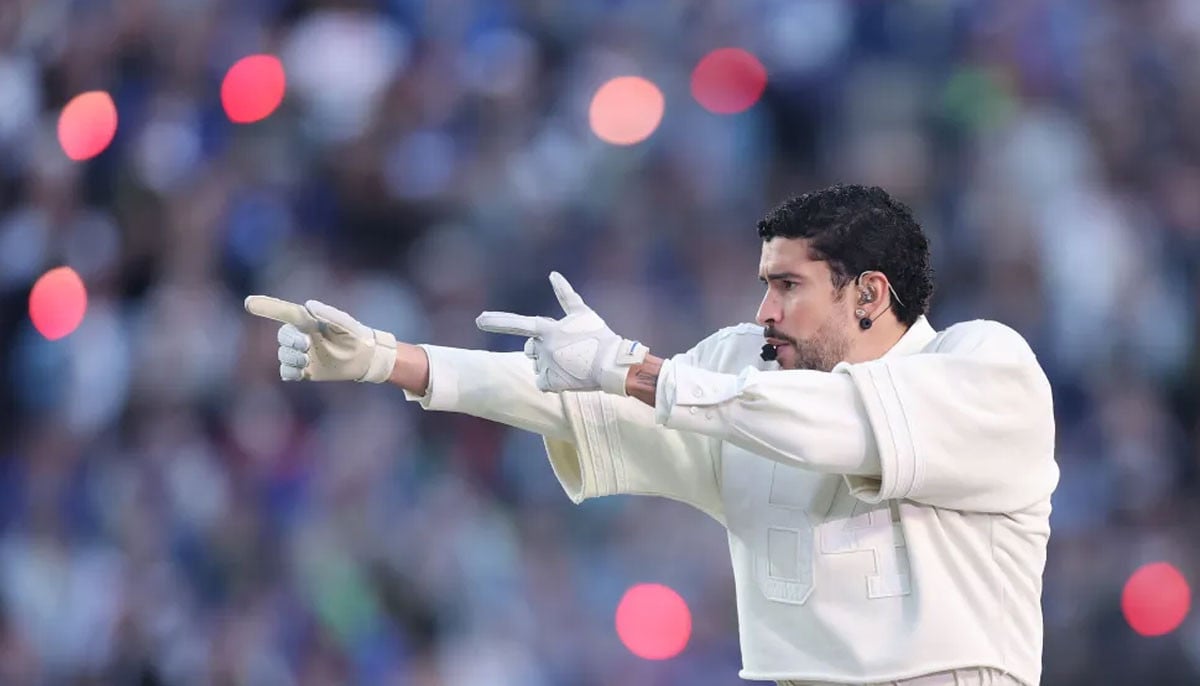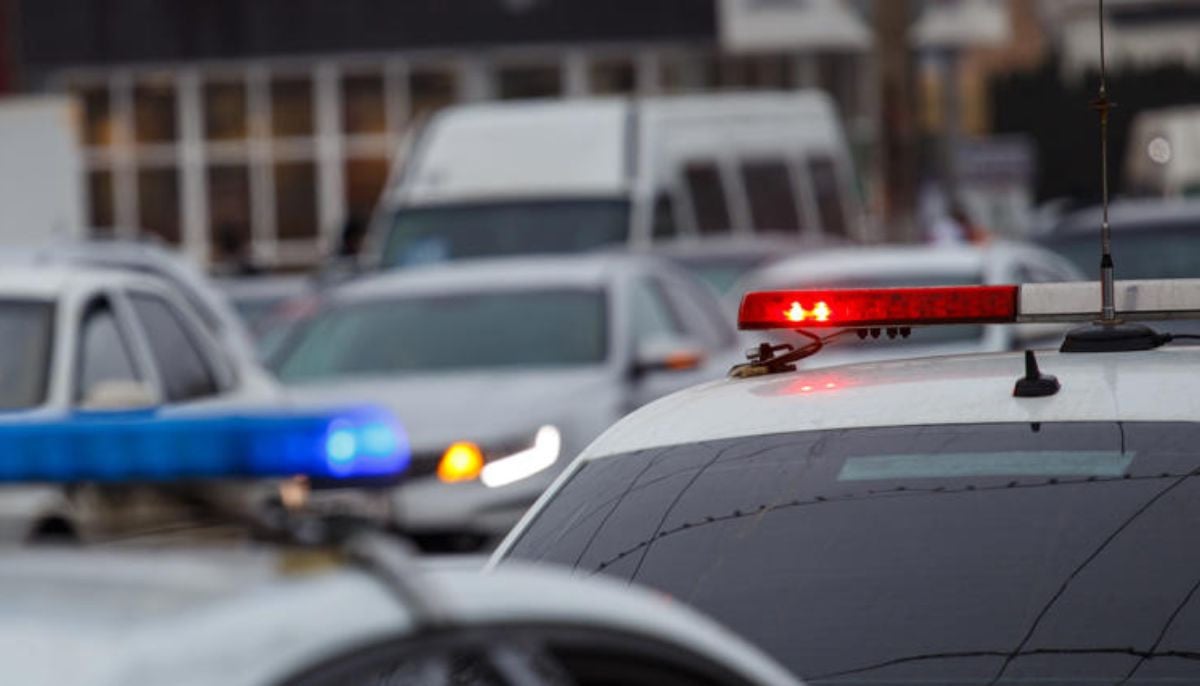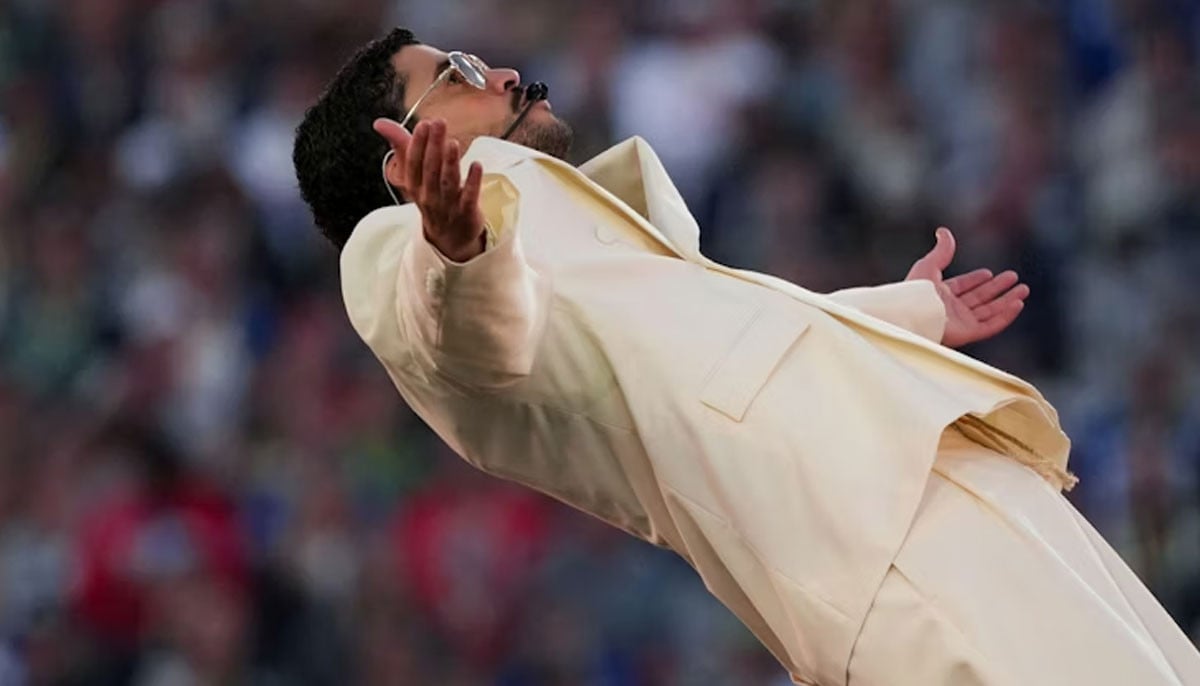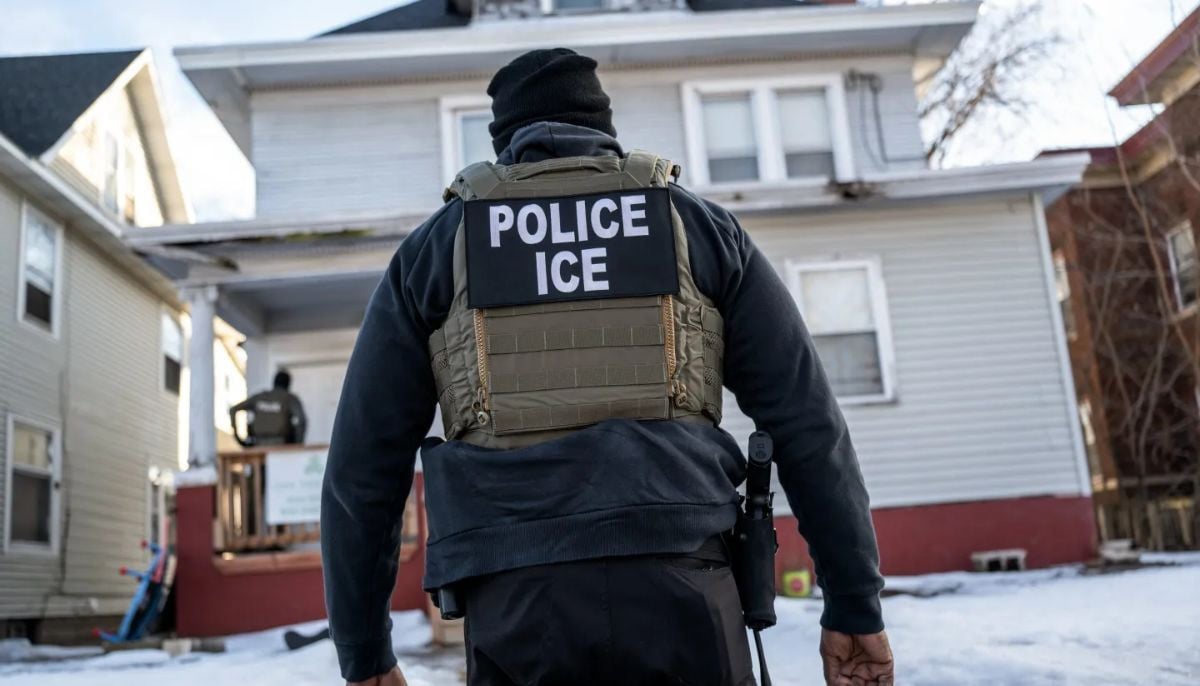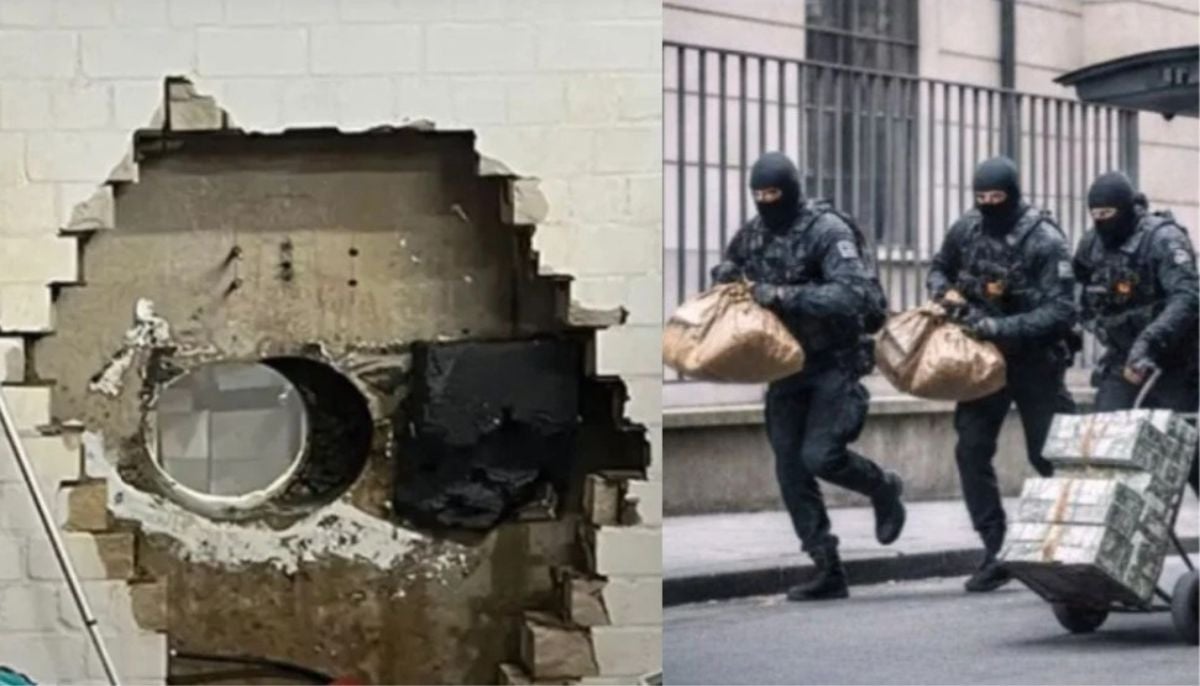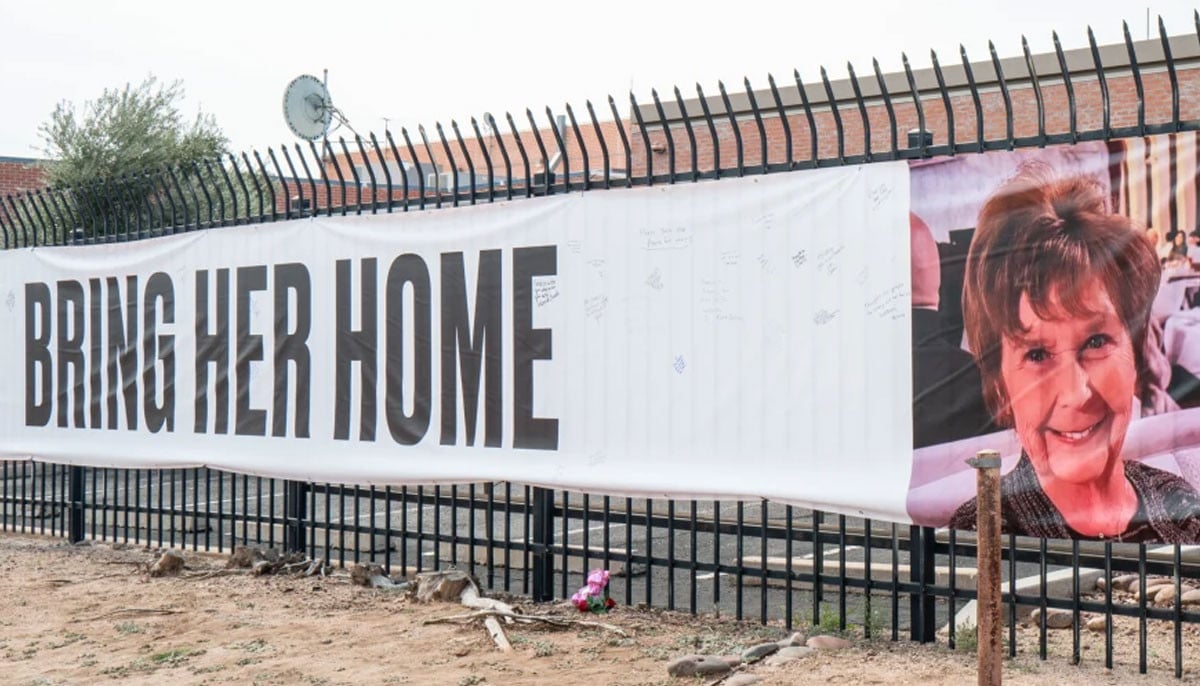Azerbaijan admits to shooting down Russian military helicopter, offers apology
Azerbaijan admitted it had shot down the helicopter accidentally, offers apology to Russia
A Russian military helicopter was shot down over Armenia Monday, killing two people. Azerbaijan admitted to accidentally shooting down the aircraft, offering an apology to Moscow.
In a statement, the Russian Defense Ministry said that the helicopter had been shot down as a result of man-portable air-defense system close to Armenia;s border with Azerbaijan.
Azerbaijan's Foreign Ministry admitted the helicopter had been shot down and offered an apology to Moscow for the "tragic incident".
"The Azerbaijani side offers an apology to the Russian side in connection with this tragic incident," the statement read. The ministry further clarified that the attack was "not aimed at" Moscow.
The incident takes place as Azerbaijan and Armenia are locked into an armed conflict over the disputed Nagorno-Karabakh territory which, by law, is part of Azerbaijan but has been occupied by Armenian groups.
The crash reportedly occurred near the border with Nakhchivan Autonomous Republic, some 70 kilometers (43 miles) from the border to Nagorno-Karabakh.
Armenia said the helicopter had crashed in a gorge near the village of Yeraskh.
Russia, which has a military alliance with Armenia, has managed to stay out of the military conflict between the two traditional rivals.
Timeline of the Nagorno-Karabakh conflict between Azerbaijan-Armenia
Here is a timeline of the Nagorno-Karabakh conflict between Armenia and Azerbaijan:
'Counter-offensive'
Armenia and Azerbaijan, two former Soviet republics in the Caucasus, have accused each other of initiating deadly clashes, the worst since 2016, that broke out in September in their decades-long territorial dispute.
Ethnic Armenian separatists seized the Nagorno-Karabakh region from Baku in a 1990s war that claimed 30,000 lives. Since then, clashes have been a regular occurence between Azerbaijani troops and the rebels, but also between Baku and Yerevan.
Following the conflict, Azerbaijan's defence ministry had said it launched a "counter offensive to suppress Armenia's combat activity and ensure the safety of the population."
The enclave's separatist authorities had claimed its troops shot down two Azerbaijani helicopters and three drones. Azerbaijan says it has just lost one helicopter.
Talks to resolve one of the worst conflicts to emerge from the 1991 collapse of the Soviet Union have been largely stalled since a 1994 ceasefire agreement.
France, Russia and the United States have mediated peace efforts as the "Minsk Group" but the last big push for a peace deal collapsed in 2010.
'Mobilisation'
From the announcement of the first clashes, Armenian Prime Minister Nikol Pashinyan and Nagorno-Karabakh authorities declared martial law and military mobilisation.
Turkish President Recep Tayyip Erdogan, whose country is a firm supporter of Azerbaijan and has poor relations with Armenia, has promised Baku support.
Yerevan and the Nagorno-Karabakh authorities denounced Turkish "meddling" and accuse Ankara of providing weapons, military specialists and pilots of drones and planes to Azerbaijan.
Pashinyan said: "We are on the brink of a full-scale war in the South Caucasus, which might have unpredictable consequences".
Azerbaijan's President Ilham Aliyev has promised to win against Armenian and separatist forces.
International concern
International reaction was quick, with former Soviet-era master Moscow calling for an immediate ceasefire and talks between the arch-rivals.
The European Union has warned regional powers not to interfere in the fighting and condemns a "serious escalation" that threatens regional stability.
The United States has urged "both sides to cease hostilities immediately".
Iran has said it is ready to launch talks between the two neighbouring sides.
Erdogan weighs in
On the 28, Turkey's Erdogan demanded Armenia put an end to its "occupation" of Nagorno-Karabakh and vows complete support for Baku.
UN Secretary-General Antonio Guterres had said he was "extremely concerned over the fresh resumption of hostilities".
The authorities of Nagorno-Karabakh say they have regained territory lost the day before, while Azerbaijan says it has made advances, using rockets, artillery and air power.
Armenia's defence ministry said late September that Azerbaijani forces launched a "massive offensive at the Karabakh frontline's southern and north-eastern sectors".
-
California cop accused of using bogus 911 calls to reach ex-partner
-
'Elderly' nanny arrested by ICE outside employer's home, freed after judge's order
-
key details from Germany's multimillion-euro heist revealed
-
Search for Savannah Guthrie’s abducted mom enters unthinkable phase
-
Barack Obama addresses UFO mystery: Aliens are ‘real’ but debunks Area 51 conspiracy theories
-
Rosie O’Donnell secretly returned to US to test safety
-
'Harry Potter' star Rupert Grint shares where he stands politically
-
Drama outside Nancy Guthrie's home unfolds described as 'circus'
